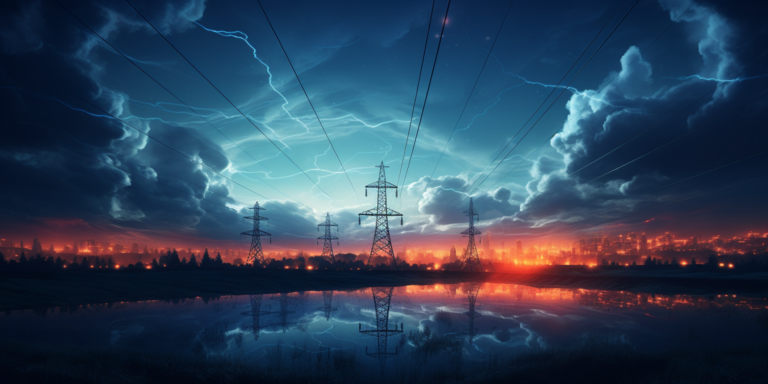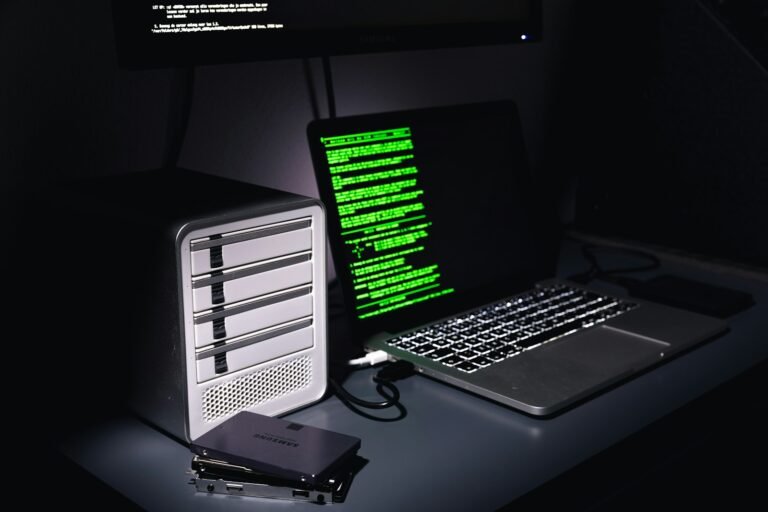The Ransomware Crisis: Why It’s Not Just a Tech Problem
Ransomware isn’t just about hackers and viruses. It’s about a system that keeps failing — one where attackers exploit weak spots in systems, get paid, and walk away with little to no consequences. The damage isn’t just financial. It’s real
This isn’t just a corporate issue. Hospitals pay fast because they need to keep running. Energy and water systems are targeted because they’re hard to shut down — and if they’re taken out, the fallout is massive. The money flows, the attacks keep coming, and the justice system barely keeps up. Most cases go unprosecuted because it’s hard to trace who did what across countries. There’s no clear trail, and evidence often gets lost or ignored. That means cybercriminals don’t just get caught — they get rewarded. They keep making more tools, getting better at hiding, and targeting more places.
How Ransomware Works and Why It Keeps Growing
- The economics of extortion are broken: Attackers don’t write their own malware. They rent it from underground networks, often with little oversight. The real profit comes from the ease of launching attacks and getting paid — not from building complex tools.
- Critical infrastructure is at risk: Hospitals, power plants, water systems — these aren’t just targets for profit. They’re systems that, if disrupted, can cause real harm. A single attack could affect millions.
- Prosecutions are rare and often fail: Most ransomware cases go uninvestigated. Jurisdictional gaps, lack of digital forensics, and weak international cooperation mean attackers rarely face real consequences.
The truth is, you can’t stop ransomware by just updating antivirus software. You need real defenses — training employees to spot phishing, patching systems before flaws are exploited, backing up data so you can recover without paying. And you need to share threat intelligence with others and law enforcement — not in secret, but openly. This isn’t about one company fixing itself. It’s about a collective response. If we keep acting like we’re just waiting for the next attack, we’ll keep getting hit. The time to act is now — not after the damage is done.







